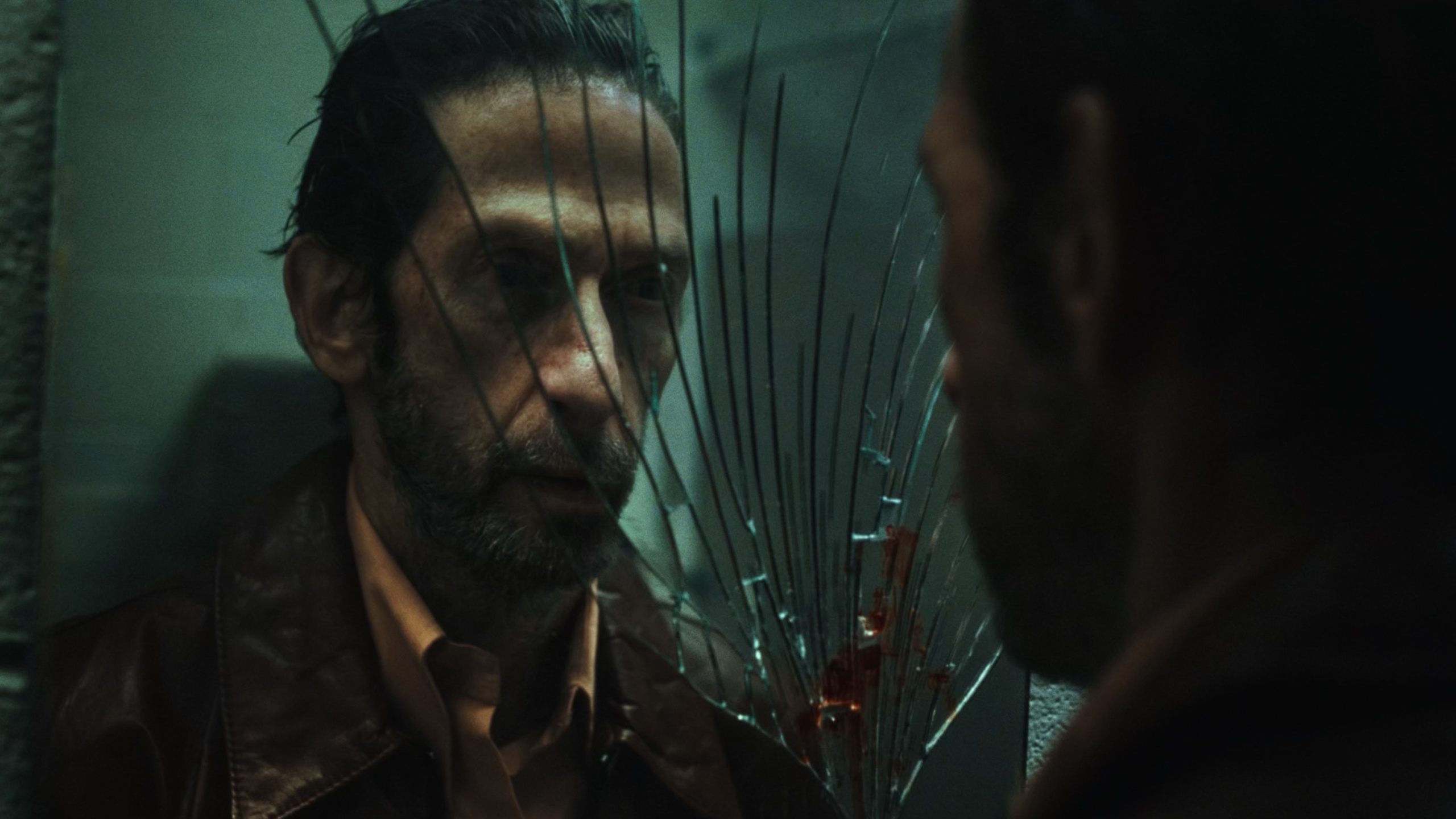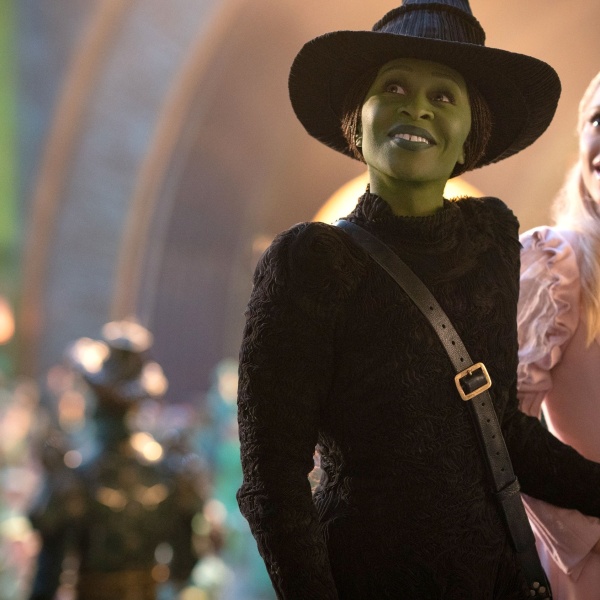It is a truth universally acknowledged that there are only two viable career options for retired boxers: selling plastic kitchen crap in infomercials, and drinking yourself into a lonely death of despair until you get talked into training a smart-ass young fighter and rediscover your thirst for life. If anyone is on the fence about which path to choose after hanging up their gloves, Vincent Grashaw’s “Bang Bang” provides a good illustration of both paths.
In the 1980s, the city of Detroit was enthralled by the boxing rivalry between Darnell Washington (Glenn Plummer) and Bernard “Bang Bang” Rozyski (Tim Blake Nelson), two hometown heroes whose eventual fight was among the decade’s most highly anticipated sporting events. Not only did Washington win the fight, he’s won pretty much everything else since. After making a fortune selling his trademarked juicers, he now presides over a Detroit business empire and has launched a campaign for mayor. Rozyski is his inverse, living in poverty and confining himself to a hermit-like existence of drinking and complaining that he got screwed in the career-defining bout.
His solitude is rudely interrupted when his estranged daughter Jen (Nina Arianda) shows up at his doorstep asking him to take in his teenage grandson while she establishes herself at a new job in Chicago. Justin (Andrew Liner) can’t leave the city due to a community service sentence he picked up after getting into a schoolyard altercation, so he becomes a reluctant guest in a house barely habitable for one person, let alone two.
Bang Bang and his grandson don’t bond right away. Justin is a troubled, phone-addicted teen, and Bernard is a walking cliche who never misses an opportunity to soliloquize about how his life, his city, and the world at large have gone to shit. He shakes his metaphorical fist at everyone who he believes has shafted him throughout the years, behaving like a man who has every reason to believe that he’s down for the count.
But just like so many crusty old fighters in so many movies, the lovable curmudgeon finds a new lease on life when he decides to train Justin as a boxer. He regales the teen with stories of the money and the “top drawer pussy” that flowed his way as a young man until Justin agrees to take on an exhibition bout at a charity event sponsored by Washington. It seems like a great idea until the kid suffers a brutal knockout, prompting Rozyski to allege foul play once again and question whether any other kind is even possible in a sport that consists of grown men beating each other within an inch of their lives.
At first glance, “Bang Bang” seems like a dreadfully cliche-ridden film. Nelson throws everything he has at the eponymous character, but the washed-up fighter archetype who spits poetry about the demons he now battles has been done to death. Yet it becomes clear those cliches are the point. As Bernard struggles to reckon with everything his life in the ring has cost him, he tries to shoehorn his own life story into a pop culture formula about retired boxers that he doesn’t quite fit into. It’s apparent when he convinces Justin to start fighting. It’s almost as if Bernard has seen too many boxing movies and is just waiting patiently for the moment his grandson asks him for help in the ring so that he can tell him to fuck off three times before reluctantly agreeing. That moment never comes, so the old man takes matters into his own hands. He might behave like a broken man who is ready to close himself off from the world, but he carries himself with the energy of someone who still has some fight left.
As Bernard’s re-entry into the sport forces him to confront the stories he’s spent a lifetime telling himself, he reluctantly accepts that sorting the world into good guys and bad guys is a job for sportswriters and filmmakers, not dying men who are actually seeking the truth. As he pulls himself out of his own narrative framework and takes stock of his life, all his favorite sports platitudes begin to ring hollow. Boxing fans can find endless amounts of poetry in a good bout, but sometimes, guys just hit each other because they don’t know any other way to live.
Grade: B
“Bang Bang” premiered at the 2024 Tribeca Film Festival. It is currently seeking U.S. distribution.




